|
Before I even started planning the Storming Archives, I'd toyed around with the idea of including my experiences in a book of poetry, a memoir, short stories, a surreal screenplay and so on. At first - I wrote "Delwyn of the Realms" for a YA audience, but was thwarted by the so-called rules and regulations in terms of sex, drugs and profanity. I then outlined my story as an Adult Fantasy novel and went from there. At the time, I assumed that the genre for my series was going to be Fantasy, but then I discovered all the sub-genres. (Even though I read a lot, I never took too much notice of the exact genres involved.) When I published Book 1 in early 2015, I called it a Fantasy, with tags such as paranormal, supernatural, mythological, psychological, dreams, astral projection and hallucination - to name a few. I was searching for an exact niche - which took me nearly a year and a half to find - if the one I found is the right one. At some stages the Storming Archives was relegated to Slipstream, due to the elements of portal jumping, astral projection, alternate universes etc. Then I called the series a "Portal Fantasy" - as per one publisher's classification, noted in their blog. Throughout my year and a half of working, writing, marketing and promoting, I changed my sub-genre and marketing approach various times - according to how I saw my series and the target audience. This whole process has been slightly maddening, as I just wanted to tell my crazy stories - even though some of the elements are surreal, psychedelic and in the realm of thought, dreams and hallucinations. Earlier this year, I started wondering if there was a niche or sub-genre more suited to my way of writing. I knew that surrealistic novels existed - especially favorites such as "On the Road" by Jack Kerouac, "Naked Lunch" by William Burroughs, and the works of Angela Carter, Kafka and so on. Like trying on all the wrong shoes in a shop and not being able to find either the right size, color or style, my search for a niche - if only for the purpose of being able to find my target audience - has been like a slippery dream itself. Here is the list I compiled for the purpose of narrowing down my niche (including why and/or why not they fit the bill.): From Wikipedia: "Fantasy is a genre of fiction that uses magic or other supernatural elements as a main plot element, theme, or setting. Many works within the genre take place in imaginary worlds where magic and magical creatures are common. " *Perfect - at least, as a general rule of thumb. "Dark fantasy is a sub-genre of fantasy which can refer to literary, artistic, and cinematic works that incorporates darker and frightening themes of fantasy. It also often combines fantasy with elements of horror. The term can be used broadly to refer to fantastical works that have a dark, gloomy atmosphere or a sense of horror and dread." *The Storming Archives definitely has these elements - so Dark fantasy is looking good. "Slipstream is a kind of fantastic or non-realistic fiction that crosses conventional genre boundaries between science fiction, fantasy, and literary fiction. The term slipstream was coined by cyberpunk author Bruce Sterling in an article originally published in SF Eye #5, in July 1989. He wrote: "...this is a kind of writing which simply makes you feel very strange; the way that living in the twentieth century makes you feel, if you are a person of a certain sensibility." Slipstream fiction has consequently been described as "the fiction of strangeness," which is as clear a definition as any of the others in wide use. Slipstream falls between speculative fiction and mainstream fiction. While some slipstream novels employ elements of science fiction or fantasy, not all do. The common unifying factor of these pieces of literature is some degree of the surreal, the not-entirely-real, or the markedly anti-real." *Great - feels right to me. My series reflects all these elements. "Speculative fiction is a broad umbrella category of narrative fiction referring to any fiction story that includes elements, settings and characters whose features are created out of imagination and speculation rather than based on attested reality and everyday life. That encompasses the genres of science fiction, fantasy, science fantasy, horror, alternative history, and magic realism. It typically strays strongly from reality and so may feature fictional types of beings like mythical creatures and supernatural entities, technologies that do not exist in real life like time machines and interstellar spaceships, or magical or otherwise scientifically inexplicable elements. " *Again - Ditto! "Urban fantasy is a sub-genre of fantasy defined by place; the fantastic narrative has an urban setting. Urban fantasy exists on one side of a spectrum, opposite high fantasy, which is set in an entirely fictitious world. Many urban fantasies are set in contemporary times and contain supernatural elements. However, the stories can take place in historical, modern, or futuristic periods, and the settings may include fictional elements. The prerequisite is that they must be primarily set in a city." *Well - yes and no - sometimes. "Weird fiction is a sub-genre of speculative fiction originating in the late 19th and early 20th century. It can be said to encompass the ghost story and other tales of the macabre. Weird fiction is distinguished from horror and fantasy in that it predates the niche marketing of genre fiction. Because genre or stylistic conventions had not been established, weird tales often blend the supernatural, mythical, and even scientific. British authors who have embraced this style have often published their work in mainstream literary magazines even after American pulp magazines became popular. Popular weird fiction writers included Edgar Allan Poe, William Hope Hodgson, H. P. Lovecraft, Lord Dunsany, Arthur Machen, M. R. James, and Clark Ashton Smith. Although "weird fiction" has been chiefly used as a historical description for works through the 1930s, the term has also been increasingly used since the 1980s, sometimes to describe slipstream fiction that blends horror, fantasy, and science fiction." *Very much so So?It dawned on me that I was Cross-Genre - at best - which was annoying as I really wanted to find an actual niche. Being across the board makes me feel like "all things to all people" - which might sound like gold to someone who doesn't know much about marketing, but it doesn't help me find my audience. Being too vague is in the same neighborhood as too specialized - or at least - they come full circle on each other. Even though I've had good reviews, most people say the premise and the stories are unusual and "out there." But there's the rub - as they say. I should be happy with the idea of my books being outside the genres and not dipping their tentacles in the Kool-aid! I've never liked being "run of the mill" and have always been what could be defined as a "fringe-dweller." What's so frustrating is the fact that being different is usually a hit or miss scenario. While a small handful might "get it" - the majority might not - therefore, minimal sales. Varun - Guardian of the Dreamworld
|
Author -
|
StormBlog
News, Articles, Competitions, Interesting facts - including the stories that inspired the Storming Archives.
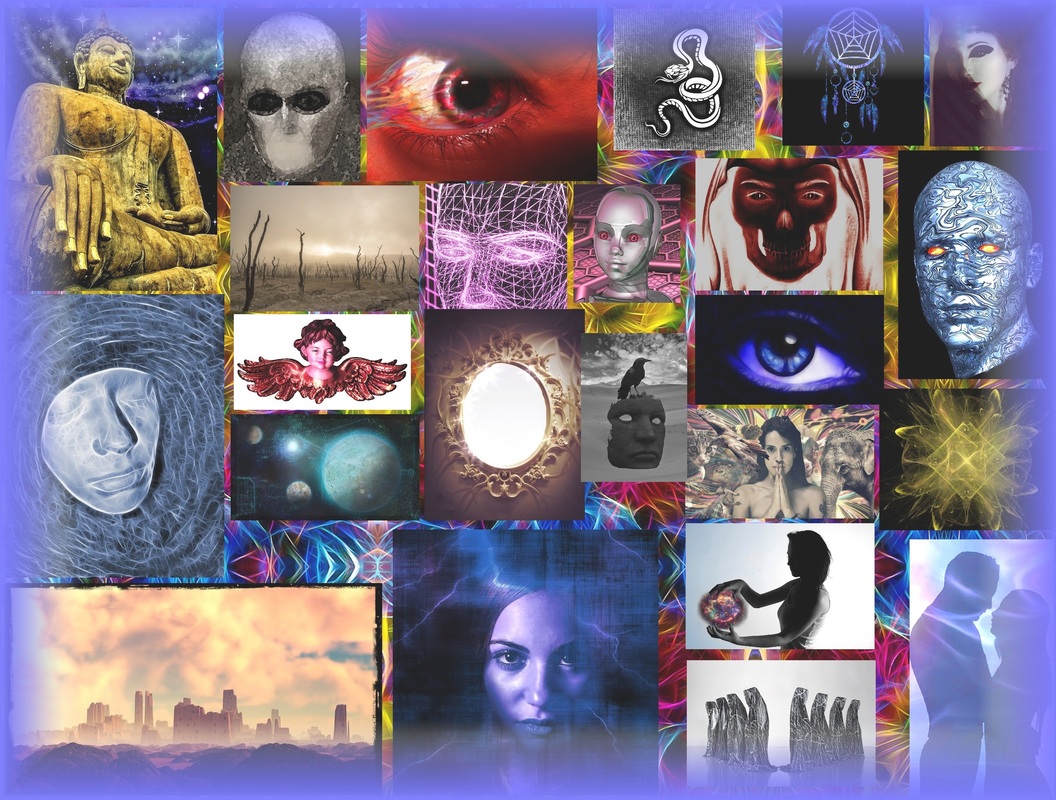
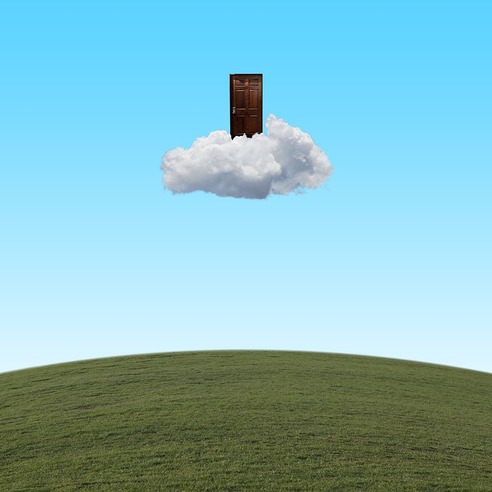
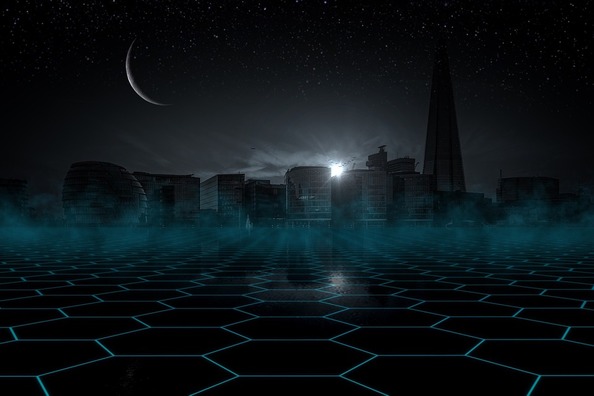
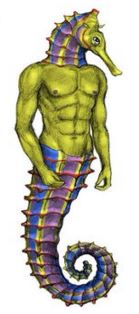
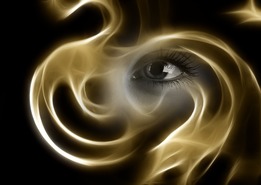
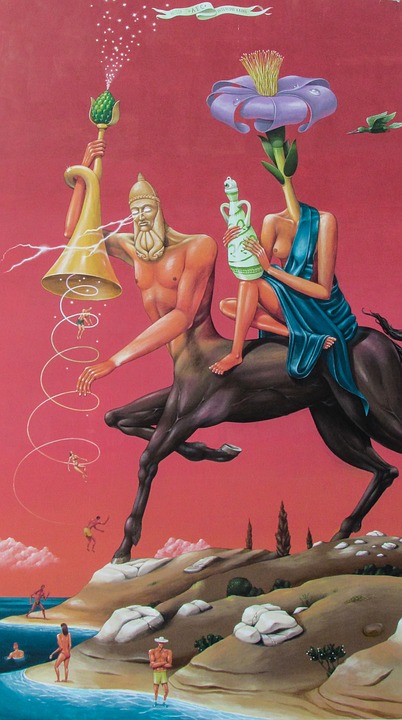

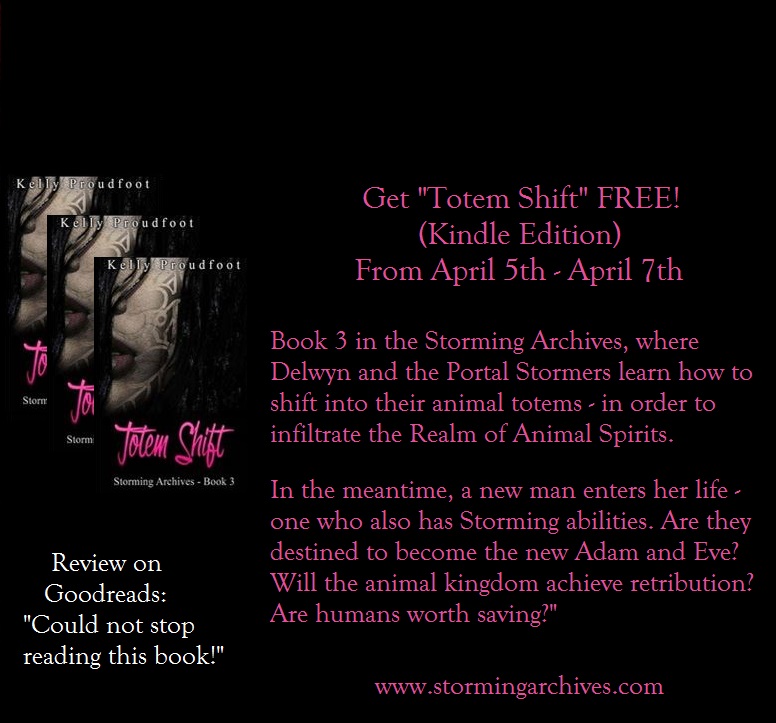

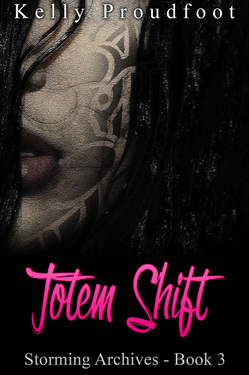
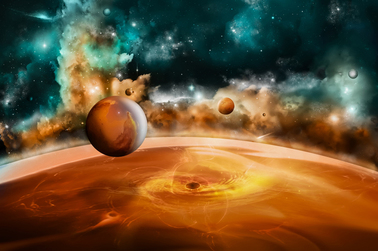
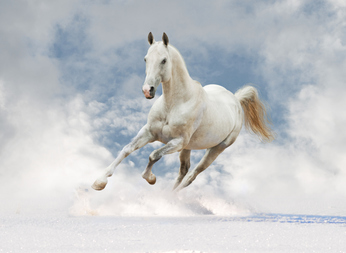
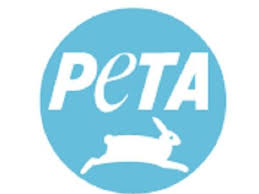

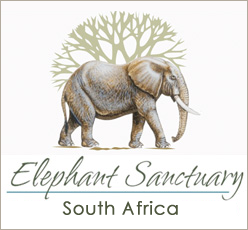
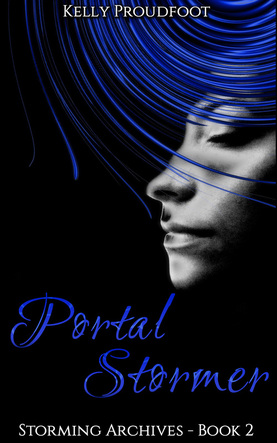
 RSS Feed
RSS Feed
